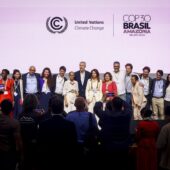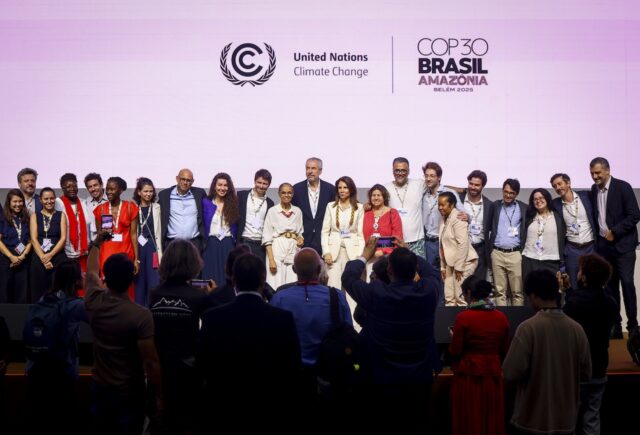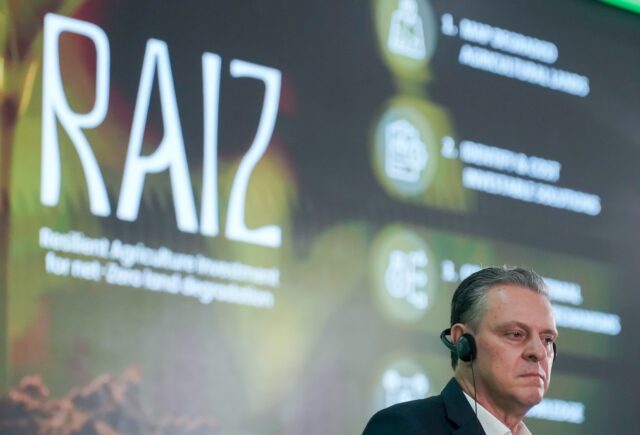The project aims to boost Cambodia’s rural economy using climate-resistant coffee strains and sustainable growing techniques.
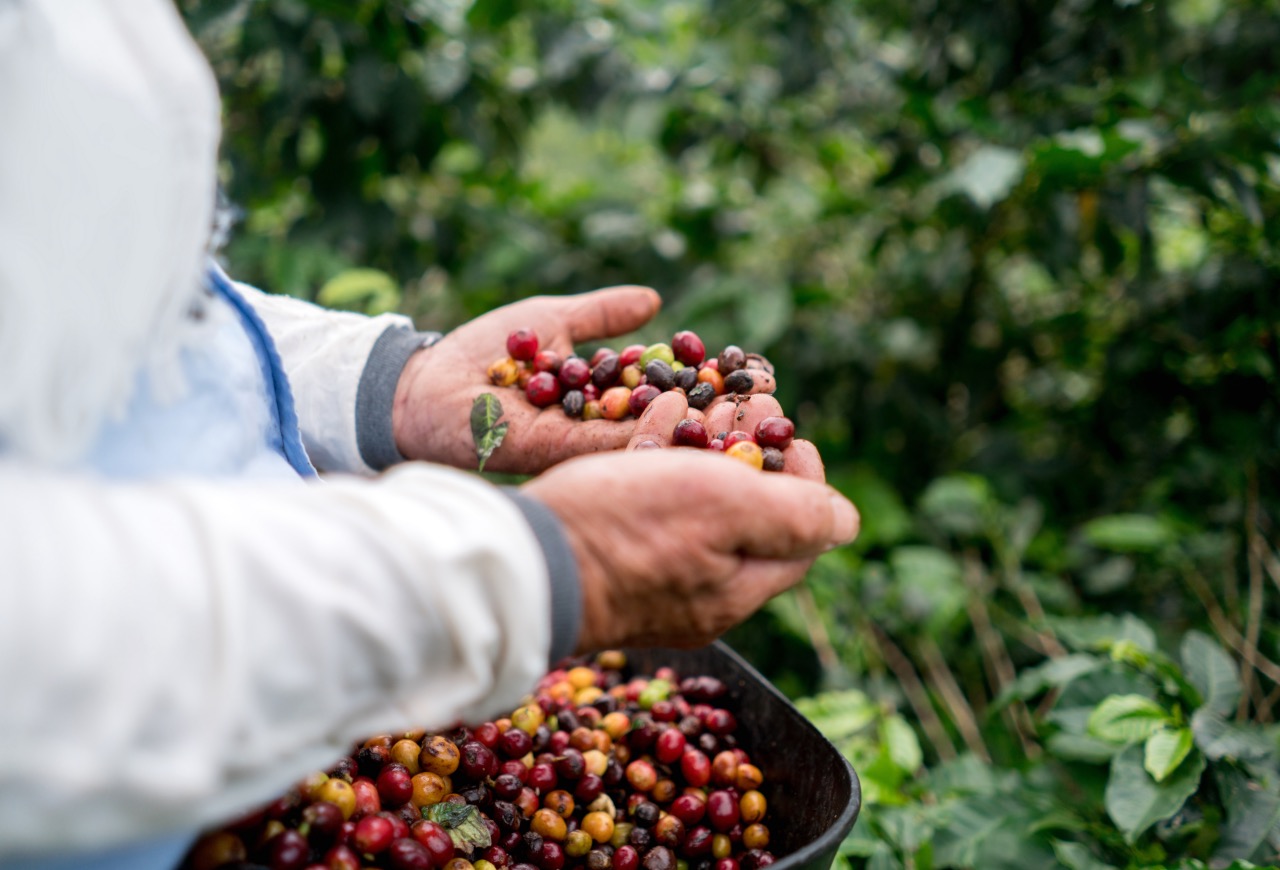
Dutch development agency SNV has formally signed an agreement with Cambodian coffee producer Kofi Co. Ltd to support the country’s underdeveloped coffee sector and tackle deforestation in the Mekong Delta region, which is highly vulnerable to climate change impacts.
The agreement is for an origination facility investment provided by the Dutch Fund for Climate and Development (DFCD), which is funded by the Dutch Ministry of Foreign Affairs.
The investment takes the form of an initial €283,750 grant for technical assistance for work with Kofi to develop Cambodia’s coffee value chain, partly by introducing more climate-resilient Robusta coffee varieties to counter the growing impact of climate change in the lower Mekong basin.
It is anticipated that this grant, agreed in principle last November, will be followed in coming months by further funding from the DFCD, possibly running to several million euros, if the early stages of the project proceed as planned.
The DFCD is a €160m fund to improve the resilience of vulnerable landscapes, ecosystems, and communities through climate change adaptation. It is led by Dutch development bank FMO and includes for-profit investment manager Climate Fund Managers (CFM), the Dutch branch of the World Wide Fund for Nature (WWF NL) and SNV.
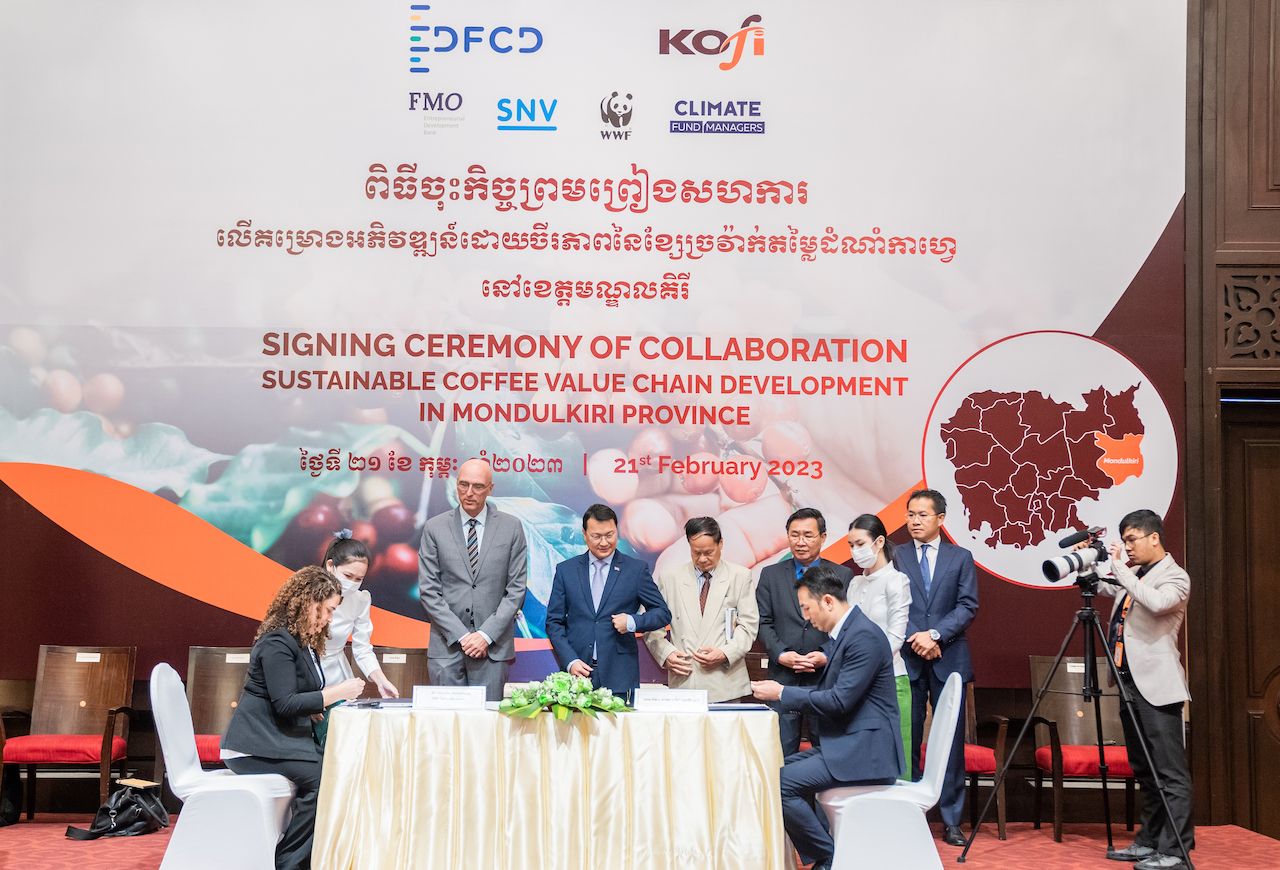
Cambodia’s coffee sector
Cambodia’s coffee industry is tiny when compared to that of neighbouring Vietnam, one of the world’s largest coffee producers, even though the two countries share an ideal environment for growing the crop.
Many rural areas remain relatively undeveloped and isolated, dependent on subsistence agriculture rather than cash crops like coffee, even as other areas of the economy, such as tourism and textiles, have expanded over the last 30 years of relative political stability.
“Vietnam cleared around $4 billion in coffee exports last year. They’re the second largest coffee exporter globally, they are a powerhouse. But you cross the border into Cambodia and you’re in exactly the same landscape, at the same altitude, but there’s very little coffee,” Alex Downs, SNV’s Vietnam-based climate finance expert who helped develop this DFCD strategy, told Impact Investor.
Vietnam’s coffee-growing province of Dak Lak has agreed to collaborate with Cambodia’s adjacent Mondulkiri province to collaborate on development. That has helped facilitate the transfer of expertise and the trial of resilient strains of Robusta coffee developed in Vietnam in Mondulkiri.
“Cambodia is highly vulnerable to flooding, droughts and other extreme weather events, which is why we want to look at planting coffee that can handle temperature swings. If you make the coffee more resilient, you’re making the farmers’ livelihood more resilient too,” Downs said.
The hope is that Cambodia could one day emulate its coffee-exporting neighbour, though the initial aim is to cater for rising coffee demand within Cambodia, which is currently being met by imports.
DFCD’s partner Kofi, which was founded in 2009, is a leading coffee roaster and services company within the country, now present in most main population centres. It invested in a state-of-the-art roasting facility in 2019 to help meet rising demand for locally roasted coffee.
Agroforestry
Kofi is working with local government, smallholder farmers, and other stakeholders to understand and meet farmers’ needs, with the plan being to grow coffee in combination with other agroforestry products to provide a nature-based response to the adverse impacts of climate change.
The DFCD grant allows for assessment of the coffee value chain and the best Robusta varieties to introduce, the establishment of a smallholder farmer supplier network, smallholder training on best practices for coffee growing, and analysis of biodiversity and gender inclusion considerations.
The impact of the originating stage of the project covers 300-500 hectares of forest under sustainable management, and the 2,500 people employed by the project, half of which are women.
Downs said Vietnam’s approach to agroforestry over the last decade to make the sector more resilient had been impressive, developing methods using alternate vegetation and crops to improve environmental sustainability and improve yields.
“In Vietnam, there are agroforestry models where they grow jackfruit or macadamia, provide lot of tree cover and have good irrigation systems at the same altitude as the Cambodia side of the border. If you stop thinking about borders and think about landscapes it becomes very clear that coffee is something that can be grown sustainably in Cambodia, improving biodiversity and livelihoods if you leverage best practices – we need to ensure that’s what happens,” he said.
Aquaculture project
The DFCD has also been active elsewhere in the delta region, partnering with WWF to launch, in May 2022, the Mekong Delta Integrated Rice and Aquaculture Project. This aims to reverse the degradation of the delta in southern Vietnam through support for climate-resilient mangrove shrimp production, which will improve the livelihoods of local farmers, protect ecosystems, and sequester millions of tons of greenhouse gases through the planting of additional mangroves.
The fund is also supporting another mangrove shrimp production project in the region, being undertaken by the Camimex Group.


